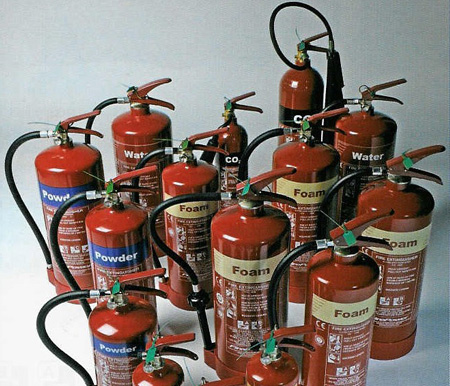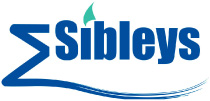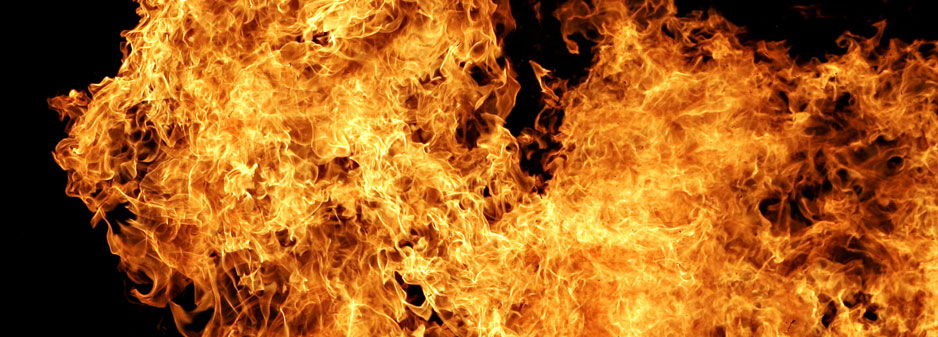Fire Protection
We service all makes and types of portable fire equipment, and are pleased to assist you no matter how large or small your needs. Our industry-trained personnel offer a highly professional service, with a firm emphasis on customer care.
Unlike the major national chains, we will service your equipment when it suits you, and do not ask our customers to enter into long-term contracts. Customer satisfaction and goodwill will always be our best assurance of repeat business.
We keep a database of all our clients' extinguishers, copies of which will be provided to our customers for their insurance records.

We also stock and supply a wide range of quality, kite-marked fire extinguishers and accessories.
Why not call us today for a no-obligation quotation, or simply for advice. We are here to be of assistance.
F.A.Q's
- Q. When do my extinguishers need servicing?
- A. We recommend all fire extinguishers undergo a basic annual service inspection. This involves testing the contents guage, check weighing, confirming the integrity of the cylinder valve, body and hose. Every five years (ten years for CO2) the extinguishers should be discharged, dismantled, cleaned, refilled & recharged, and any worn or damaged parts replaced.
- Q. What sort of fire extinguishers should I have?
- A. There are four main types of extinguisher in common usage.
- Water extinguishers are suitable for Class A fires (combustion of solid materials such as word, paper, straw, textiles and coal. They are not safe for use on electrical fires
- Foam extinguishers are suitable for both Class A fires and Class B fires. They are particularly suited to fighting liquid spill fires such as petrol, oils, paints, etc, and works by forming a film over the burning liquid. They are not safe for use on electrical fires.
- Powder extinguishers are suitable for Class A, B and Class C fires. They are particularly suited to mixed fire risk environments and are appropriate for burning liquids, heating oils and storage of flammable gases such as butane and propane. They are generally safe for use on electrical fires.
- CO2 extinguishers are suitable for Class B risks involving flammable liquids and are safe for use on electrical fires. CO2 is harmless to electrical equipment, and is therefore ideal for modern offices, electronic risks, and fires caused by the combustion of liquids such as oils, fats and solvents.

